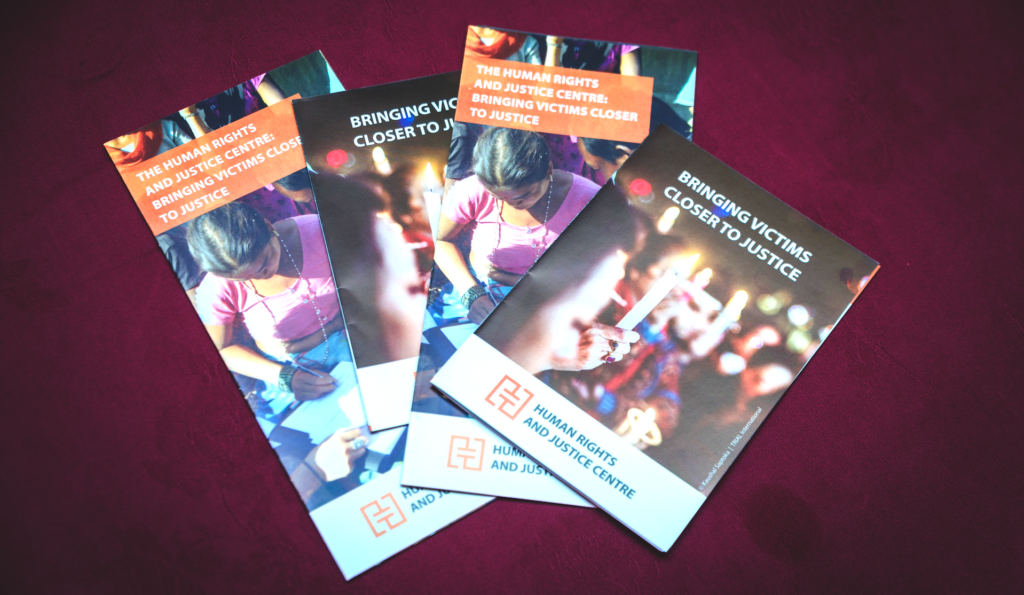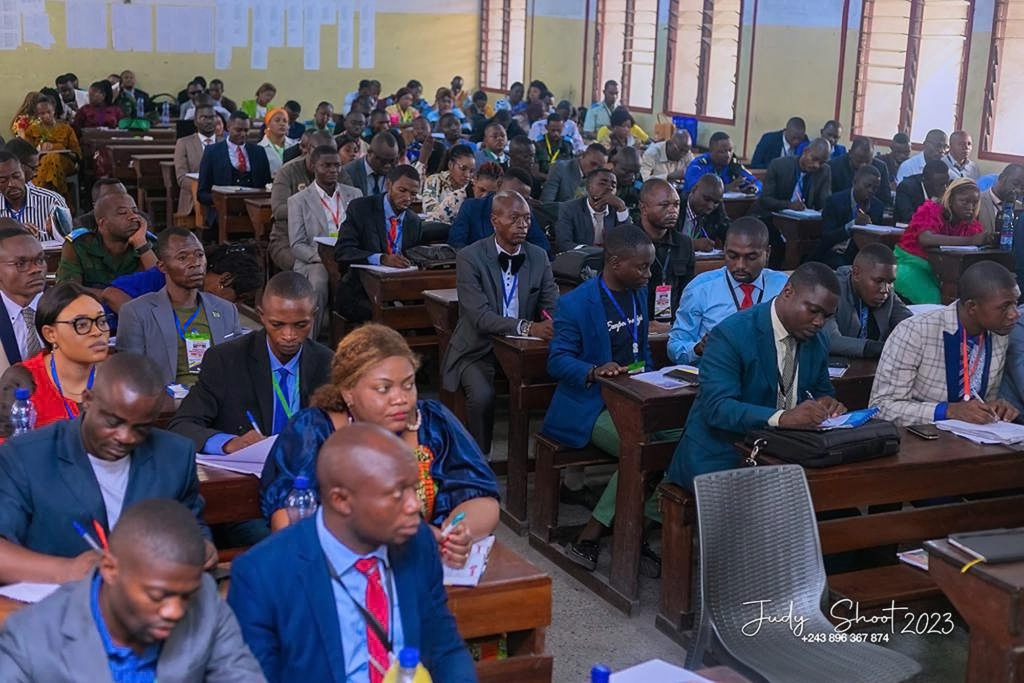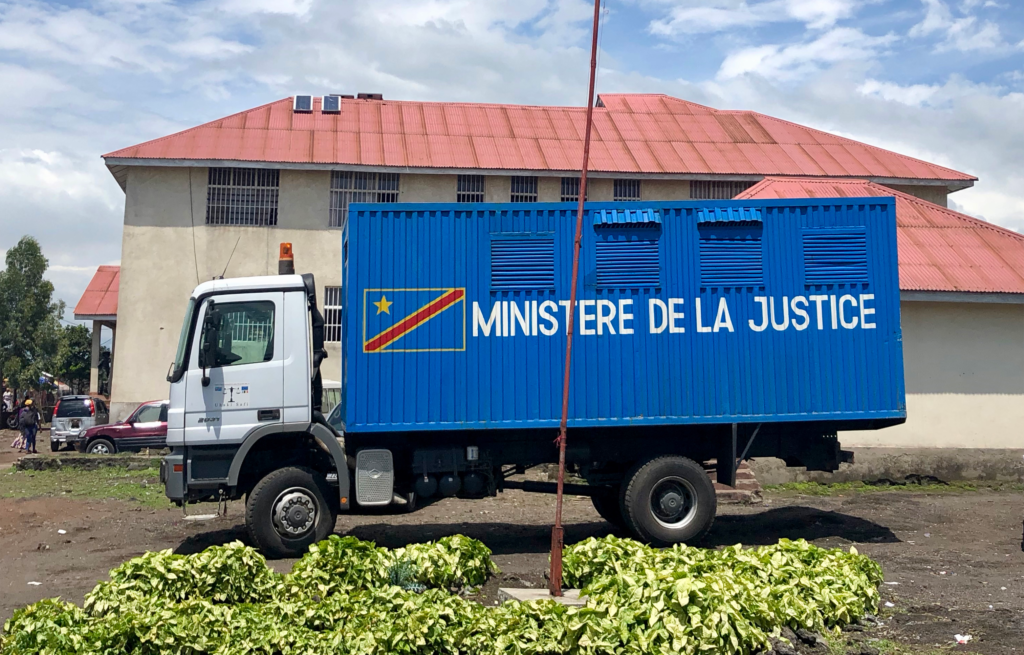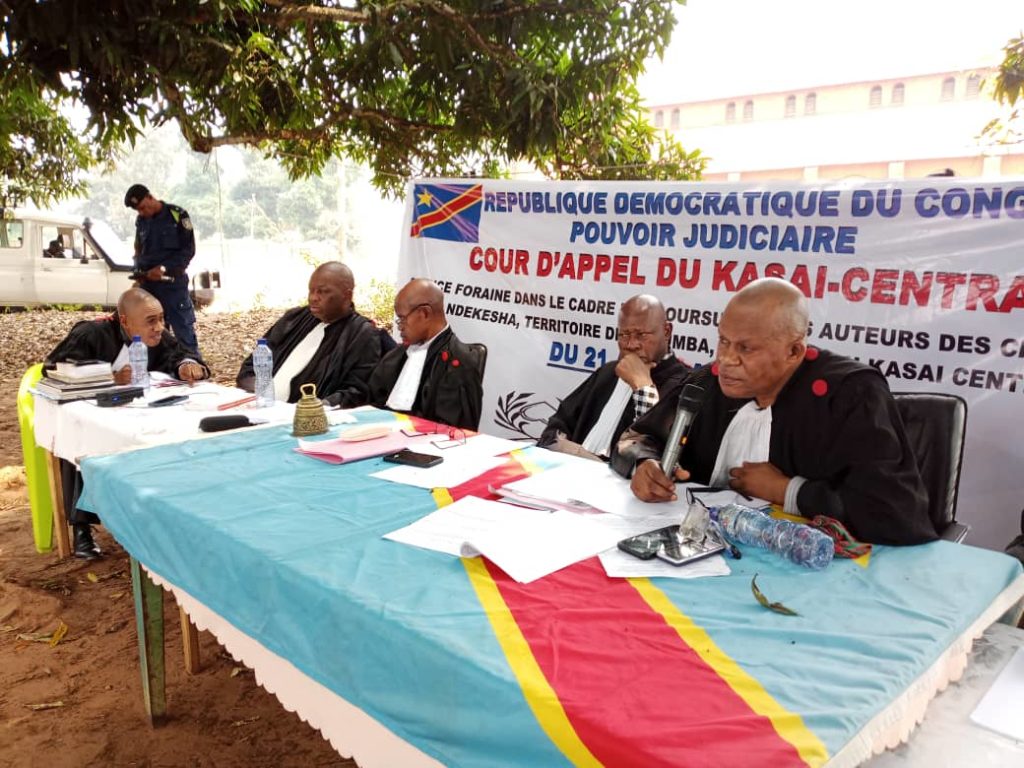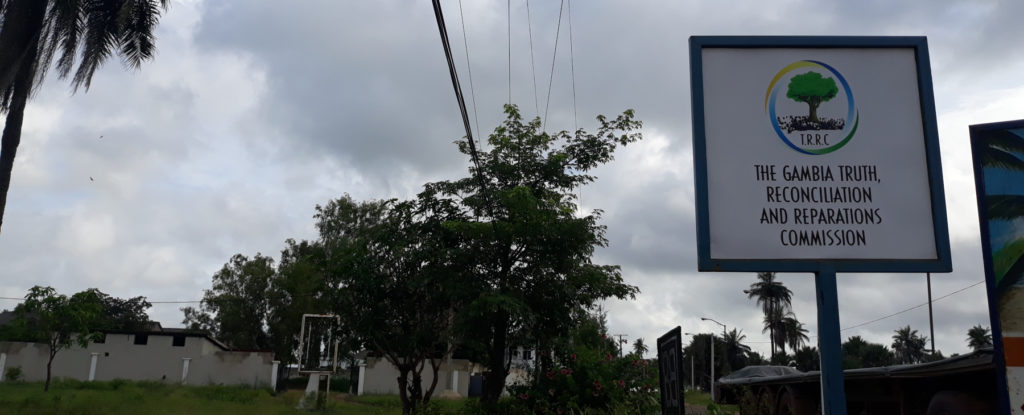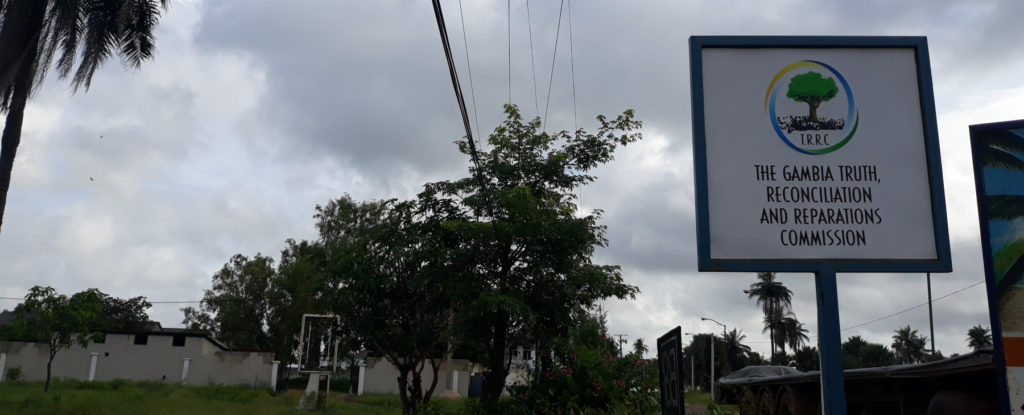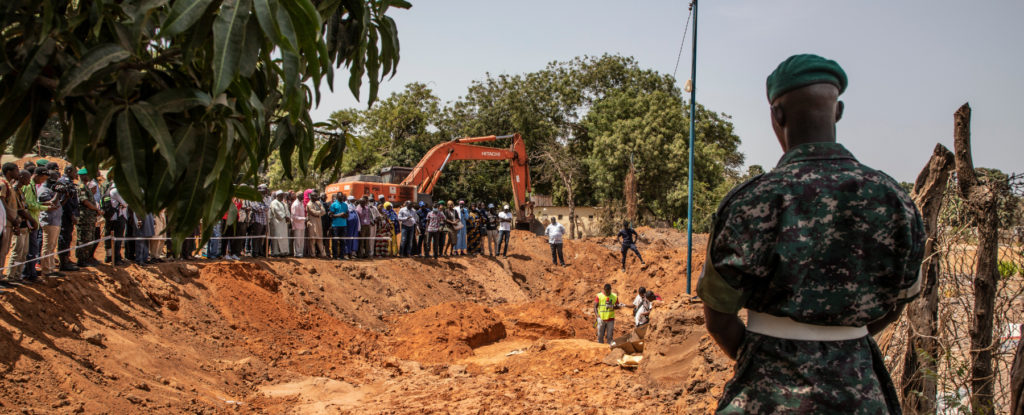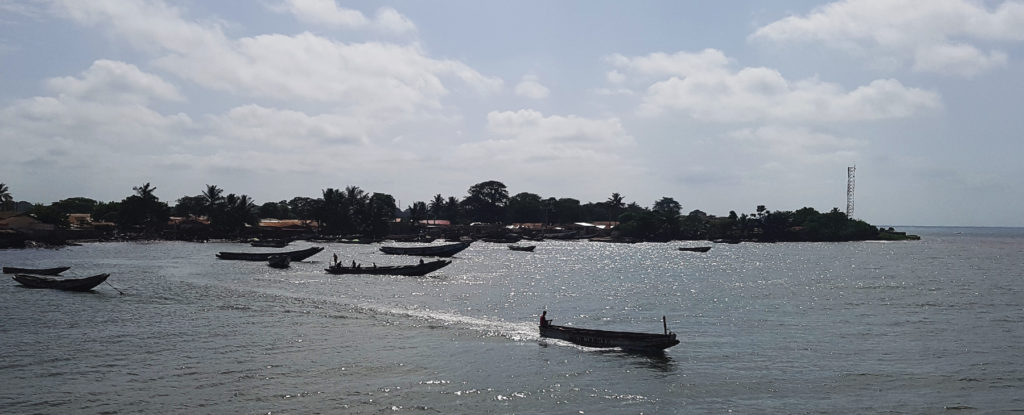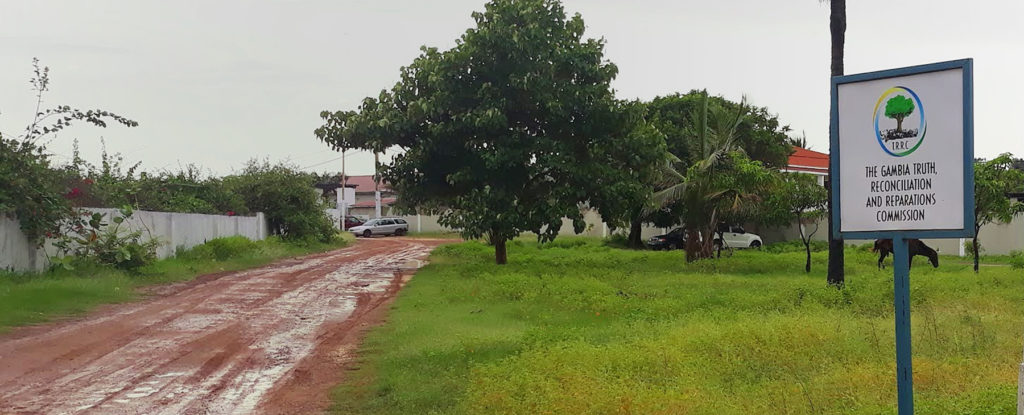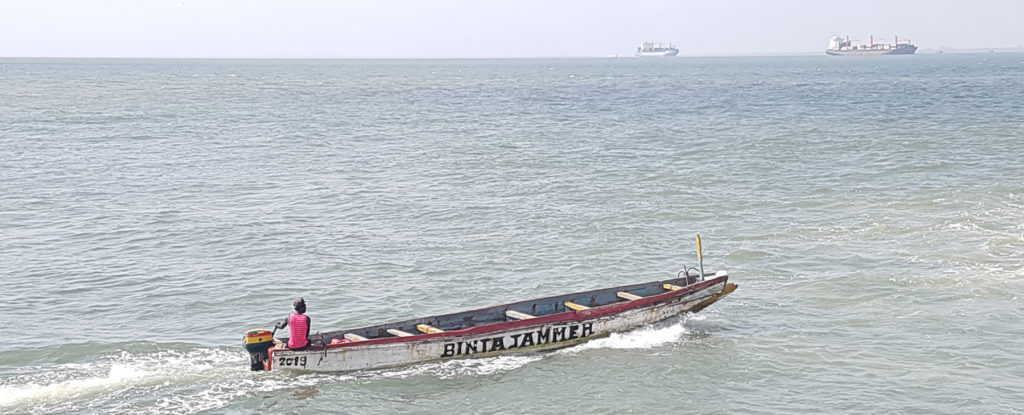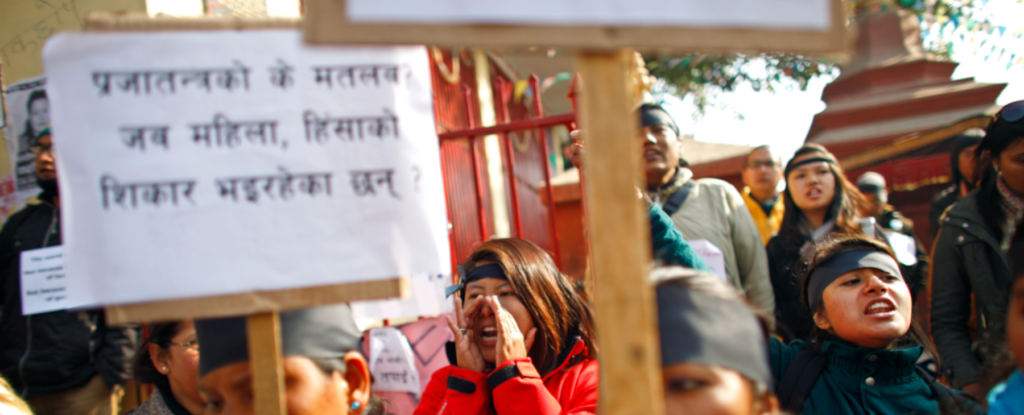Nepal: Transitional justice process must be brought on the right track
The ICJ, Amnesty International and TRIAL International today called for the Government of Nepal to commit to a transparent and consultative transitional justice process that complies with international law and the judgments of the Supreme Court of Nepal.
On 6 February, the Government of Nepal extended the mandates of the Truth and Reconciliation Commission (TRC) and the Commission on the Investigation of Enforced Disappearance of Persons (CIEDP) for an additional year and committed to the selection of new commissioners by April 2019.
Failures of the past
Following the announcement, the International Commission of Jurists (ICJ), Amnesty International and TRIAL International reiterated their view that the process to date has failed to deliver justice, truth or reparation for victims of crimes under international law and gross human rights violations or establish laws and institutional safeguards to ensure that such crimes are never repeated. The three organizations warned that this should not become another missed opportunity to ensure that victims are provided the justice, truth and reparation that they so desperately seek.
“This is a great opportunity for Nepal to learn from its past, as well as experiences from other post-conflict societies. The independence of the Commission, together with a legal framework in accordance with international law, will make or break the success of the commitment to guarantee justice, truth and reparation,” said Biraj Patnaik, South Asia Director of Amnesty International.
Government to take measures consistent with international law
The organizations also noted with disappointment that substantive legal concerns raised repeatedly by victims, civil society and the international human rights community have gone unanswered. The government has not given a clear indication as to whether or how these concerns will be addressed.
“The obligations to ensure that conflict victims have access to an effective remedy and reparation is clearly established in international law, as well affirmed in ruling after ruling by the Supreme Court”, said Helena Rodríguez-Bronchú, Head of TRIAL International’s program in Nepal. “It is about time that the Government stopped proposing measures that are clearly inconsistent with the letter and spirit of those judgements.”
The ICJ, Amnesty International and TRIAL International had previously submitted a legal analysis of draft transitional justice legislation circulated in 2018, including recommendations on how to ensure compliance with international law and good practices.

